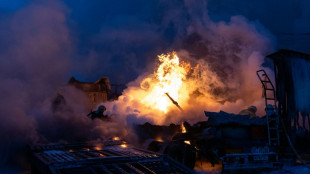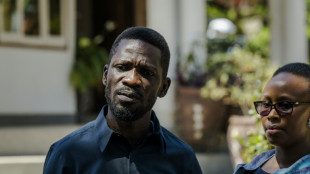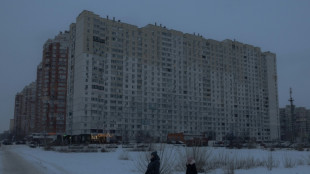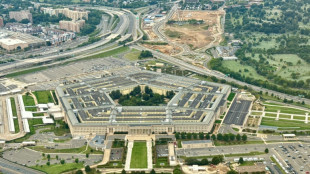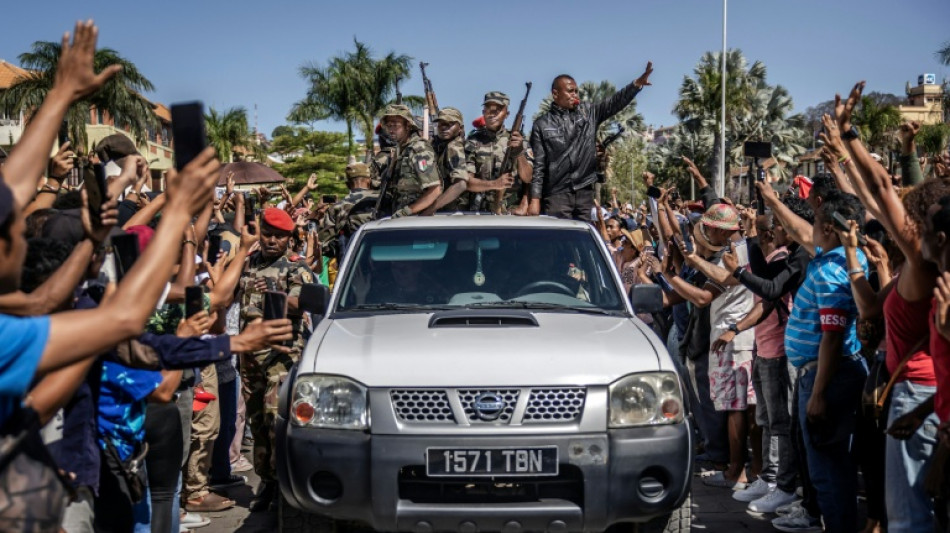

Madagascar president says power grab happening as army unit claims control
A Madagascar army unit declared Sunday that it was taking control of all the country's military forces as President Andry Rajoelina said an "attempt to seize power illegally" was under way.
Soldiers from the CAPSAT contingent also joined thousands of people in the capital to remember lives lost in more than two weeks of anti-government demonstrations that erupted on September 25.
The unit, which played a major role in a 2009 coup that brought Rajoelina to power, on Saturday declared it would "refuse orders to shoot" on the demonstrators.
Soldiers then entered the city centre to meet several thousand protesters, who welcomed them with jubilation and praise.
On Sunday morning they claimed in a video statement that "from now on, all orders of the Malagasy army -- whether land, air or the navy -- will originate from CAPSAT headquarters".
They named General Demosthene Pikulas as the head of the army, although it was not clear if the posting could be considered official. There was no immediate response from other units or the existing military command.
"We will prevail, because evil will not prevail in Madagascar," CAPSAT Colonel Michael Randrianirina said at prayers held later Sunday to remember people who died in the upheaval, including a soldier said to have been killed in clashes the previous day with the gendarmerie.
The United Nations has said that at least 22 people were killed in the first days of the protests, some by security forces and others in violence sparked by criminal gangs and looters in the wake of the demonstrations.
Rajoelina has disputed the toll, saying last week there were "12 confirmed deaths and all of these individuals were looters and vandals".
The officers were joined on stage at the commemoration and prayers by several opposition political figures, including former President Marc Ravalomanana, who was ousted in the 2009 uprising.
A wreath was laid carrying the message "For all the victims who died for the nation".
The protests were initially focused on chronic power and water cuts in the impoverished Indian Ocean country but developed into a broader anti-government movement that called for 51-year-old Rajoelina to resign.
In a statement Sunday, the president said "an attempt to seize power illegally and by force, contrary to the Constitution and to democratic principles, is currently under way."
"Dialogue is the only way forward and the only solution to the crisis currently facing the country," he said.
- 'Excesses' -
Officers of the gendarmerie, accused of heavy-handed tactics against the demonstrators, said in a video statement meanwhile that they recognised "faults and excesses during our interventions" and called for "fraternity" with the army.
"We are here to protect, not to terrorise," they said, adding that "from now on, all orders will come solely" from the gendarmerie's headquarters.
Meeting one of the demands of a protest movement led by a youth group called Gen Z, the Senate announced Sunday the dismissal of its president, Richard Ravalomanana, a former general of the gendarmerie paramilitary police unit.
The upheaval is the most significant challenge to Rajoelina's tenure since his 2023 re-election.
To try to defuse the protests, he last month sacked his entire government although his choice of an army general as new prime minister was contested.
Amid rumours that he had fled, his government said Saturday he remained in Madagascar and was managing national affairs.
The newly appointed prime minister, Ruphin Zafisambo, said the government was "standing strong" and "ready to collaborate and listen".
Air France suspended its flights to the island until at least Tuesday while the African Union expressed "deep concern" and urged dialogue, calm and restraint.
South Africa called upon "all parties to respect the democratic process and constitutional order".
Madagascar has had a turbulent political history since it gained independence from France in 1960.
Although rich in natural resources for farming, forestry, fishing and minerals, nearly three-quarters of the population of 32 million lived below the poverty line in 2022, according to the World Bank.
strs-jcb-br/cw
C.Gupta--MT

